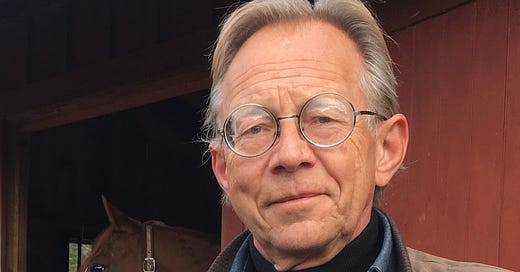There was an interesting thread in the conversation during the weekly Suboxone clinic I participate in remotely as the prescribing doctor. The behavioral health team leads the group and I see patients individually in a Zoom “breakout room” via my iPhone on a little tripod/selfie stick from my kitchen table or my home office/library.
I usually have a chance to listen to at least some of the check-ins before my individual meetings start. Like many groups we start with a check-in and end up with takeaway and homework. I often catch the end of that part of the meeting after I see my patients. After the participants leave, the behavioralists and I go over how everyone is doing. We also touch on what themes came up in the conversation.
Being Dependent on Recovery came up this week. It is common to develop addictive behaviors toward something different when you are treated for opiate addiction. Some people gravitate toward drinking, for example. We also see food addiction and increased use of tobacco or marijuana.
The new concept was that the recovery work in itself can become such a strong focus that others may view it as a dependence, or even an addiction. This is not just a clever play with words. I think it is a natural tendency for some people to create principles and rituals that support, strengthen and sustain their recovery. Others may see that as too exaggerated or unnecessary, but gravitating toward another substitute for the opiates is certainly no healthier.
So the original concept from the group discussion, dependence on the recovery process, is fine with me. The way we use the words dependence and addiction are that people with a dependence function normally but could suffer in some fashion if they don’t have what they are dependent on. Not all dependence is bad. We all need oxygen, for example, and some people with bad lungs need supplemental oxygen. Addiction involves behaviors that ultimately harm the person who uses the substance or people around them. Being extra enthusiastic about your recovery doesn’t hurt anybody in my opinion - it could even be life saving.
This brings me back to something I published at the beginning of the year, a condition (because everything humans do seems to need a medical description or diagnosis) called orthorexia nervosa. This is where people adopt extremely healthy lifestyles. Their lives may be more complicated because of the high standards they set for themselves, but we are all on our own journey, so I say to each his own. Extra healthy habits that bring a person joy and not suffering (fretting about not measuring up) have my blessing.



